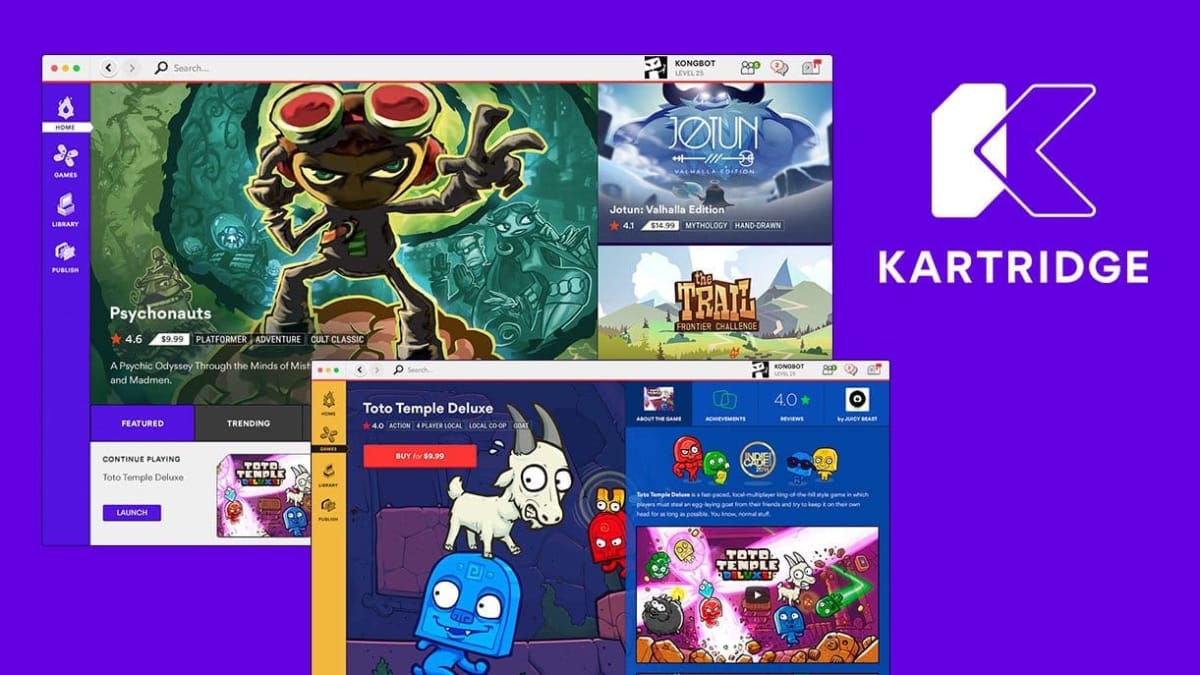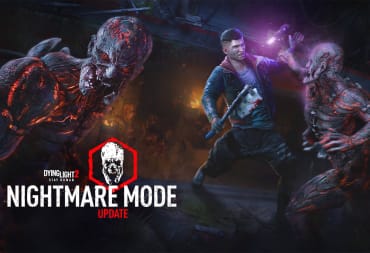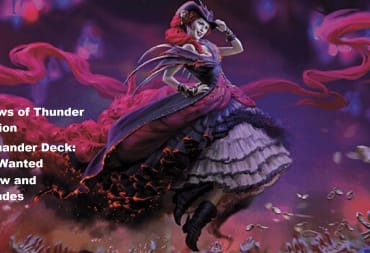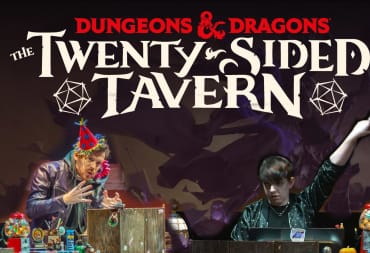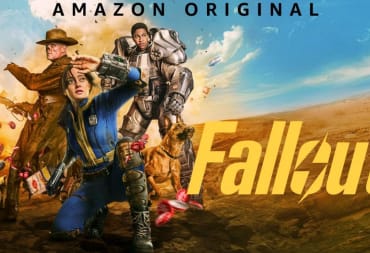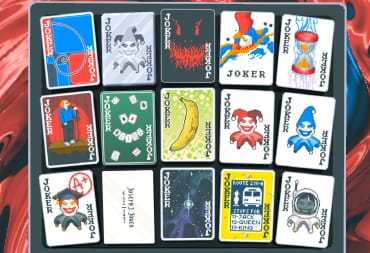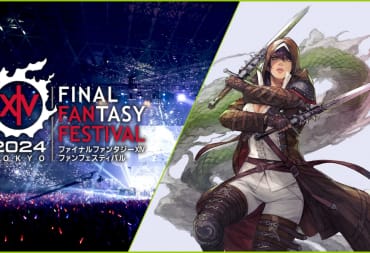As reported in September, the webgaming portal Kongregate announced their own digital distribution platform called Kartridge. It enters a highly competitive market, towered by the colossal, ever-growing Steam. While there are excellent alternatives such as GOG, itch.io, and Game Jolt, the market of digital distribution seems to be headed towards a kind of Balkanization, where major publishers such as Electronic Arts, Activision Blizzard, Zenimax Media, and Ubisoft increasingly isolate their products in their own digital platforms with often intrusive DRM on top. Kartridge has the daunting task of standing out and offering not only users, but also developers, something more.
We had the chance to sit down and talk about Kartridge with CEO Emily Greer and Director of Product and Platform Alison Huffman. Alison showed us a quick demo of the platform, going over how it looks, how it’s curated, and how the gamification works with a sample of rewards that users can expect.
You can tell when you land on the front page of Kartridge that we really wanted it to be game-forward. We wanted it to really show off the game art and to allow it to shine. We also think there's a lot of value in using videos to show off how a game works in addition to how it looks.
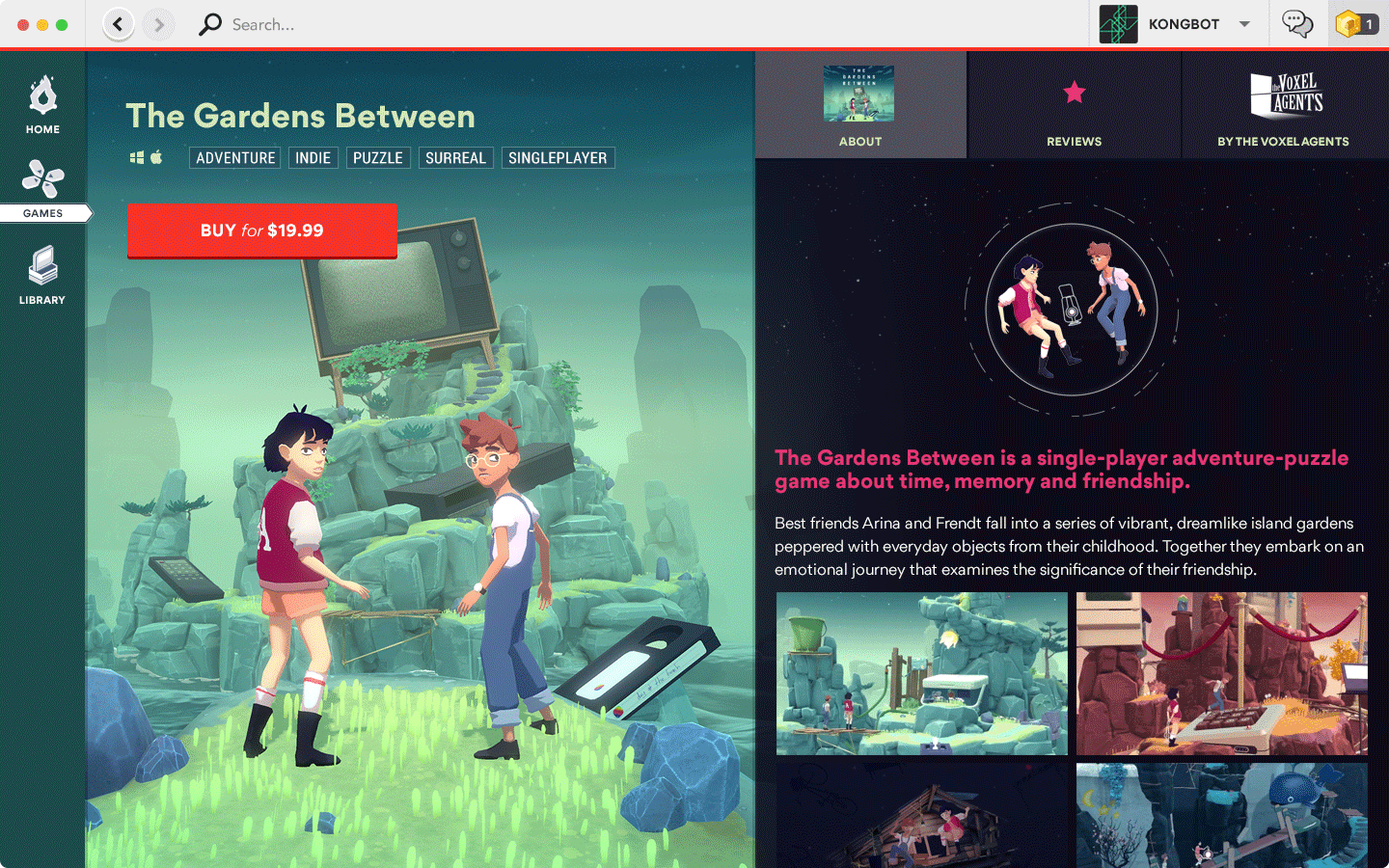
Kartridge will include a general chat room, allowing users to exchange suggestions and find out what other users are playing. There will also be rooms for specific games so fans can discuss it and share ideas. Users can also join those specific rooms before purchasing a game in order to gauge the audience and ask questions.
Alison moved on to demo the rewards and progression system. There is a combination of curated badges, “which will be done by a dedicated team internally,” as well as platform-level quests. “It encourages players to use the platform like a game, to explore the platform, to participate.” Alison then wishlisted a game, receiving a small amount of XP, and earned a token for reaching level 5. Tokens are an earnable currency on Kartridge, each worth $5, and users will be able to redeem certain amounts in exchange for games. Emily talked about the system as a way to retain the user base and reward them.
We want the platform to be not just a vessel to download games, but a place that makes playing games more fun and rewarding. We had this type of curated achievements on Kongregate.com for a long time. Players gave a lot of energy and attention to them, they wanted to collect them, and what we're doing with Kartridge is putting that together so that there's real rewards attached to it. You're essentially playing games to earn games, rewarding play, increasing the value of games. A lot of people now have a library of games that they picked up in bundles, on sales, but that they haven't played. We want people to play games and then get more value out of it.Alison also showed the developer backend for creating and customizing their own game pages. They wanted it to be easy and clear to use and customize, allowing the developers to show their best. “It’s very easy to just move things around, which we also hope will empower devs to regularly update and put new stuff in front of players. We gave a lot of control to developers about what they can change to make sure that they’re showing off their game in the best way.”
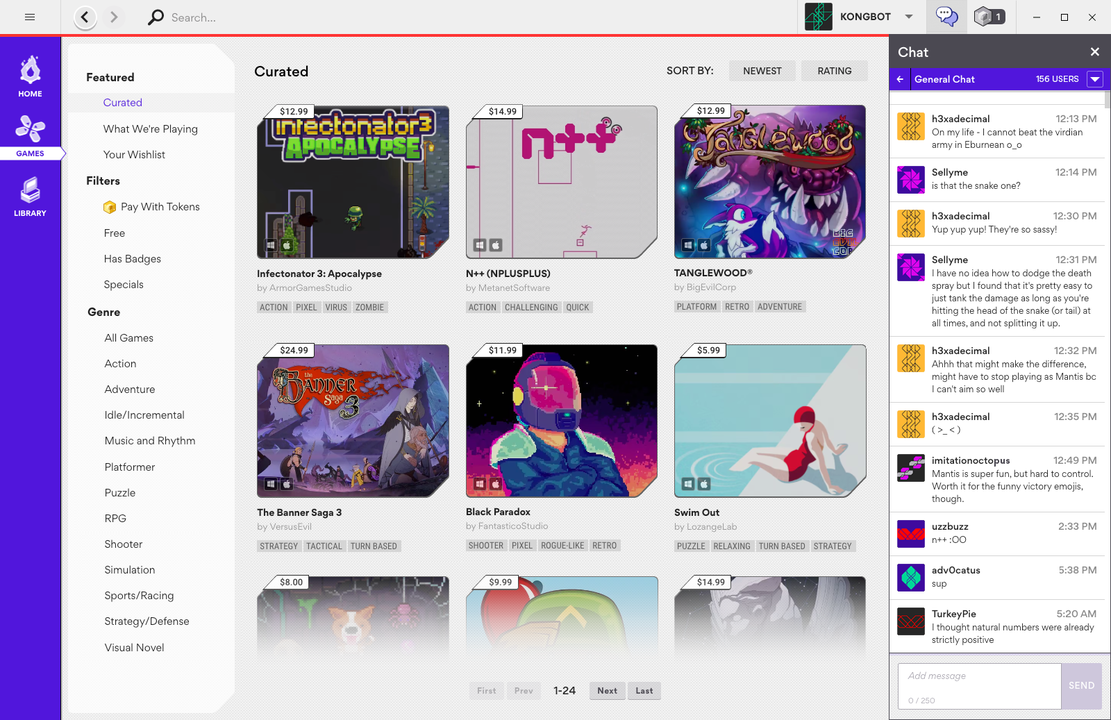
A big issue in the realm of digital distribution right now is curation, with the introduction of Steam Direct allowing basically any game to be released for the flat fee of $100, with little intervention or curation where it concerns quality and market viability. My first question was whether there was some filtering on what will be allowed on Kartridge.
We started Kongregate.com 12 years ago, and since launch we've averaged over one thousand games per month uploaded, so over that time we learned a lot about how to curate games. And what we've found there's no one way, no silver bullet, but it's important both to have an editorial, curatorial voice on the home page, accept the best content there, but it's also important to have systems for recommendation. [...] We believe it's important for platforms to be open, otherwise we're setting ourselves up as gatekeepers, and that works well for devs that are on one side, but there's a lot of developers who may never be able to reach there.We wondered about the competition with platforms such as Game Jolt and itch.io, and how Kartridge will compare with them. Emily believes this competition is healthy but also talked about the differences between platforms.
We think itch.io and Game Jolt are great, we think they're very focused on developers and giving them tools to interact with their existing audience. For Kartridge we're focused on creating a platform that attracts players and retains them, putting them into games. We do expect that developers will be bringing traffic in, but we see ourselves as a platform that is balanced more between players and developers in terms of looking at their needs and building up something of value to them. Having a diversity of platforms is going to be helpful for developers in terms of finding the right audience. And especially the metagames, the collecting, the achievements, the quests, all that kind of live operations is something we think is unique to Kartridge.
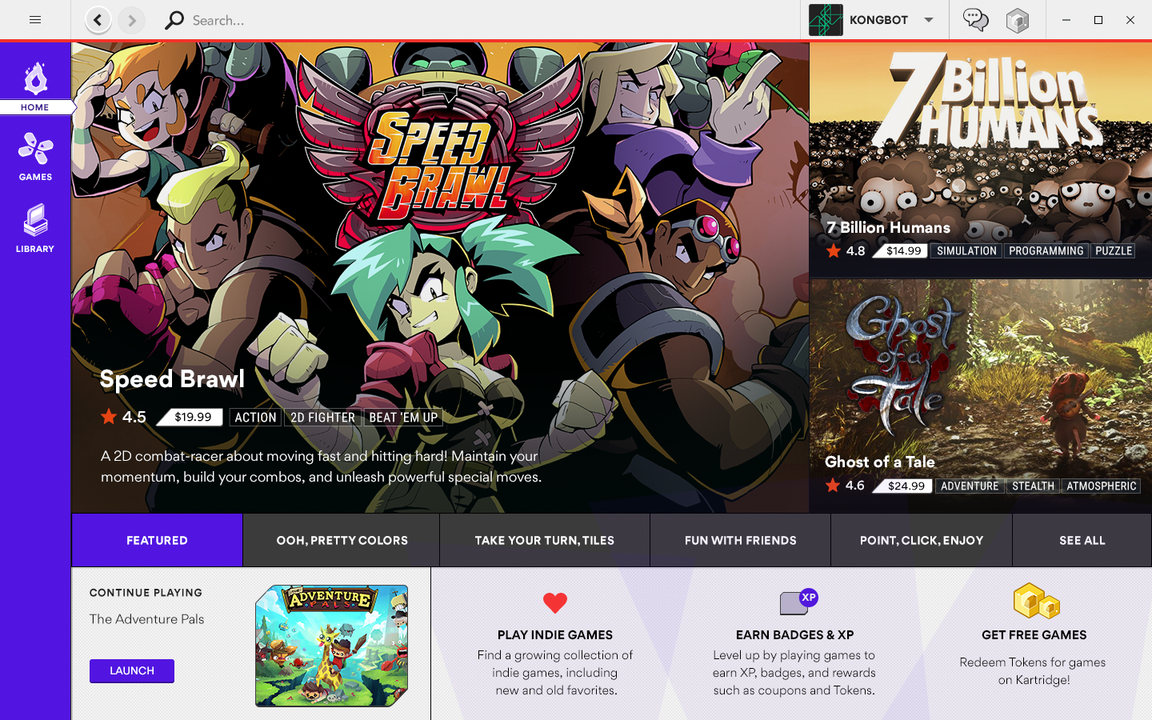
A possibility that we wondered about was whether Kartridge would offer any incentives to developers so they could stand out more. Humble Bundle is now doubling as a publisher, so we wondered if there were any plans in that sense for Kartridge.
We are focused more on small developers and indie games, so automatically that gives their games a little more opportunity to shine. We're also working very hard on different methods and systems of curation, so automatically, just coming to a new platform gives the game a different audience and another chance at being discovered and seen. We do think developers should be taking their games to different storefronts. In terms of incentives, the first $10,000 in terms of revenue goes straight to the developer. We just cover our credit card fees, and the rest goes to them. That first $10,000 is essentially the most meaningful to each developer in terms of getting started. At that point, once we've earned and proved our value as a platform then we'll start taking a share.According to Alison, “all of those systems are backed by an experienced community team that’s making sure the algorithm is reflecting what we want it to do, so people are constantly monitoring all of these things.”Another thing that we're working on is moderation. We get from developers that the community is very important in driving the vitality of the games and the sales, but dealing with toxic players and harassment and other things becomes a continual emotional drain. We built up a lot of experience on community moderation over the years at Kongregate.com, and we have expanded and extended that here. We think as a platform we should be taking a point of view and setting standards so that everybody knows what's to be expected. Our chat has built-in algorithmic bots to detect language to filter out threats and unacceptable language. We’re giving developers the chance to interact with the community without some of the overhead.
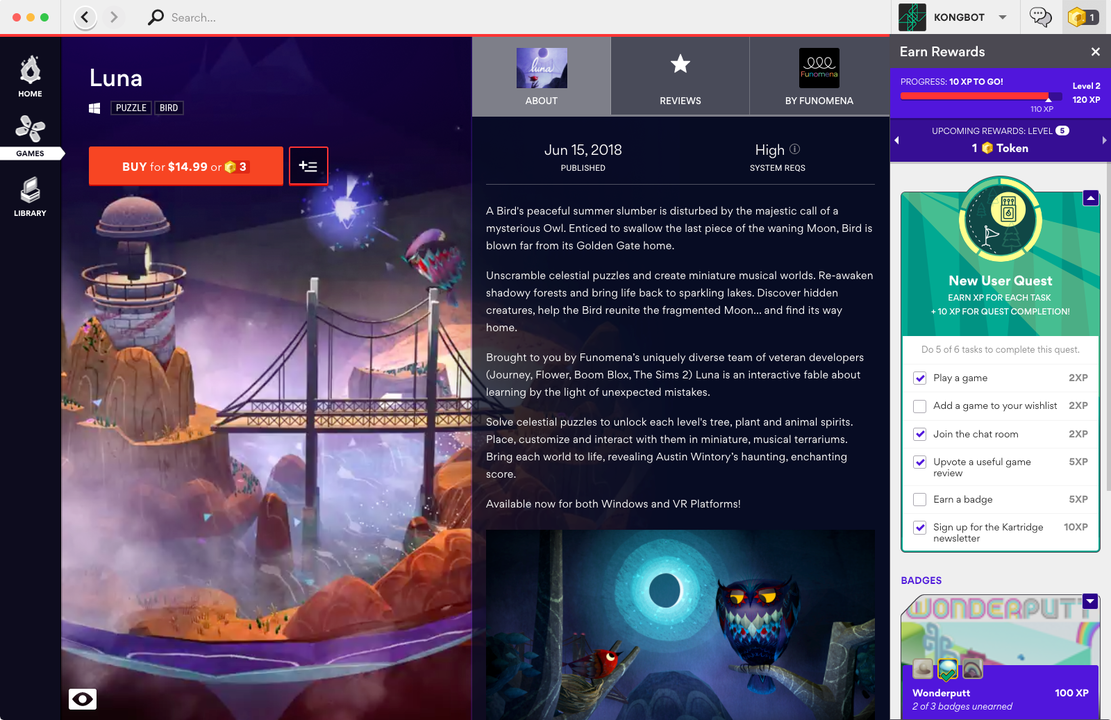
We asked about whether developers will have access to an unlimited amount of keys to sell on their own or give away, and Alison told us that developers will get an initial batch of 200 keys to do whatever they want with them. Beyond that, it will depend on a variety of factors, and developers will have to communicate with Kartridge’s content team, “to make sure that there’s no one in there doing something that would be bad.”
Kartridge will launch with a refund policy from the very start, the exact terms of which are as follows:
You can request a refund within two weeks of your purchase of a game. Refunds will be given only in the following cases:We reserve the right to refuse a refund if we determine that there is abuse of the refund policy.
- For an accidental purchase, as long as the game has not been installed.
- If the game is non-functional and we are unable to help you get it working.
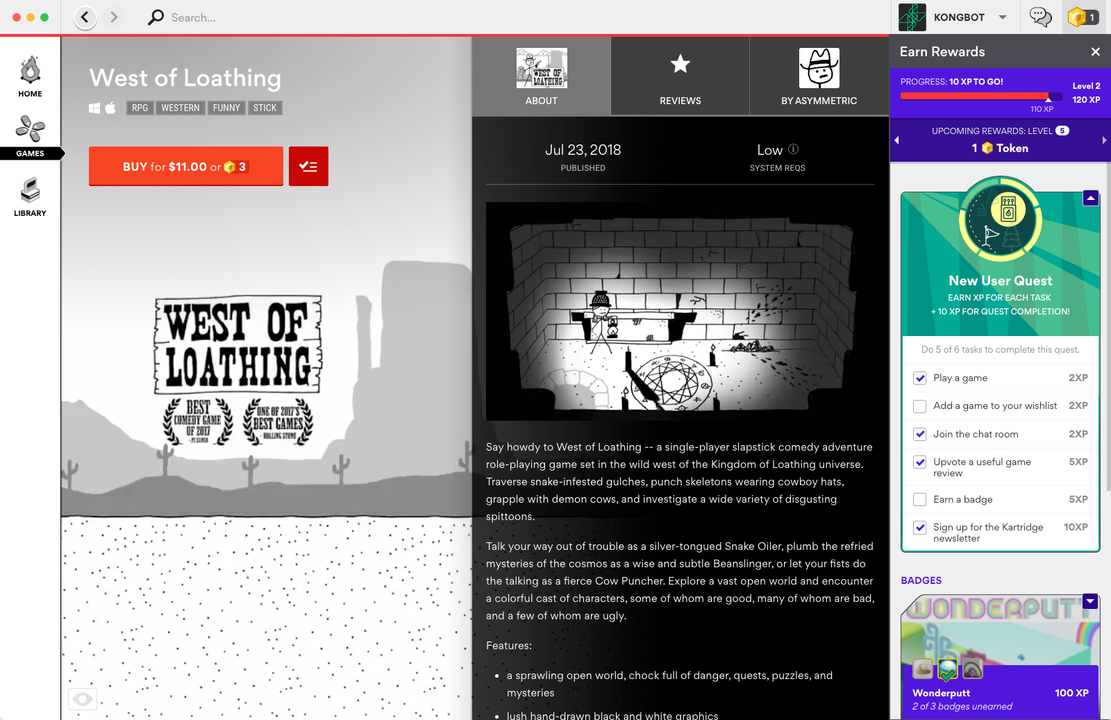
On the topic of DRM, Emily said that in general Kartridge would prefer for games not to have any DRM, but some developers have some needs in different situations, such as DRM particularly for ownership of DLC, multiplayer, etc. “We are enabling what they need, and if there is any kind of DRM, we are surfacing that on the game page for the player to see. But in general, DRM-free is our preference. This is something we spent a lot of time on, surveying developers on what was important to them and what they need, and that determined our policy.”
Kartridge will not have a multiplayer API at launch, but there will be no restrictions at all, and multiplayer games will include cross-platform functionality. Mod support is not available and not a priority currently, but once Kartridge has all their priorities checked out, they have plans to add some form of mod support at some point.
Kartridge is still in open beta, but it will include about 260 games at launch, with more to come as the platform grows. Looking forward, Kartridge is considering other options to stand out like other stores have used in the way of exclusives, either timed exclusives or permanent ones. How that will compare to something like the new Discord store's First on Discord is something only the future can tell. As for now, the platform is focusing on offering a variety of renowned indie games such as Thimbleweed Park and Undertale as well as hidden gems that haven’t enjoyed much of a wide exposure to a larger audience. It is available on Kartridge.com with a downloadable client for Microsoft Windows and MacOS.
Have a tip, or want to point out something we missed? Leave a Comment or e-mail us at tips@techraptor.net
